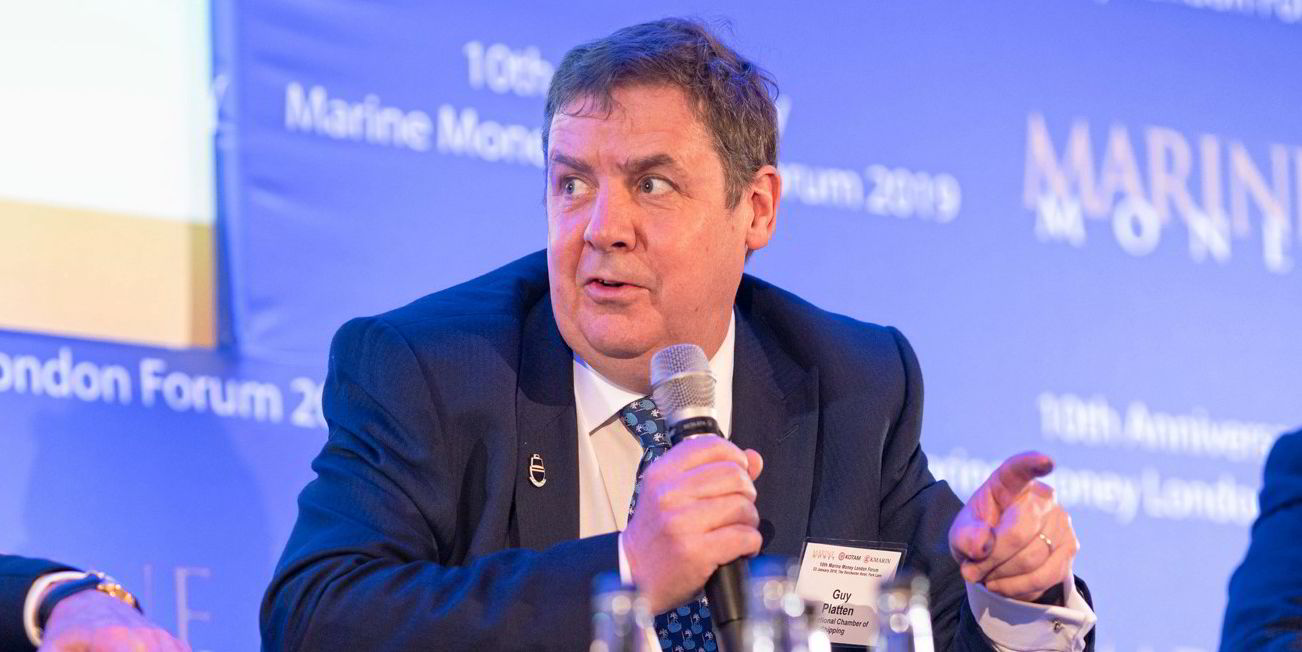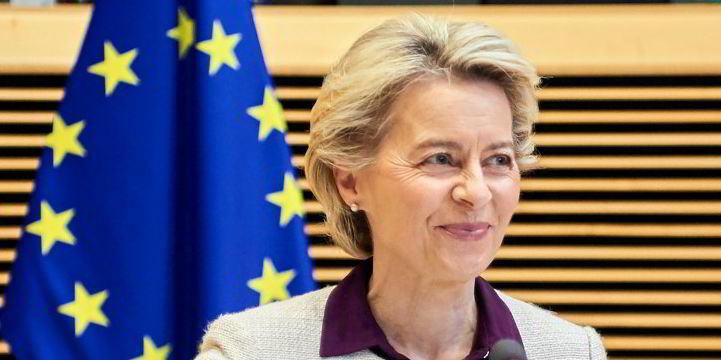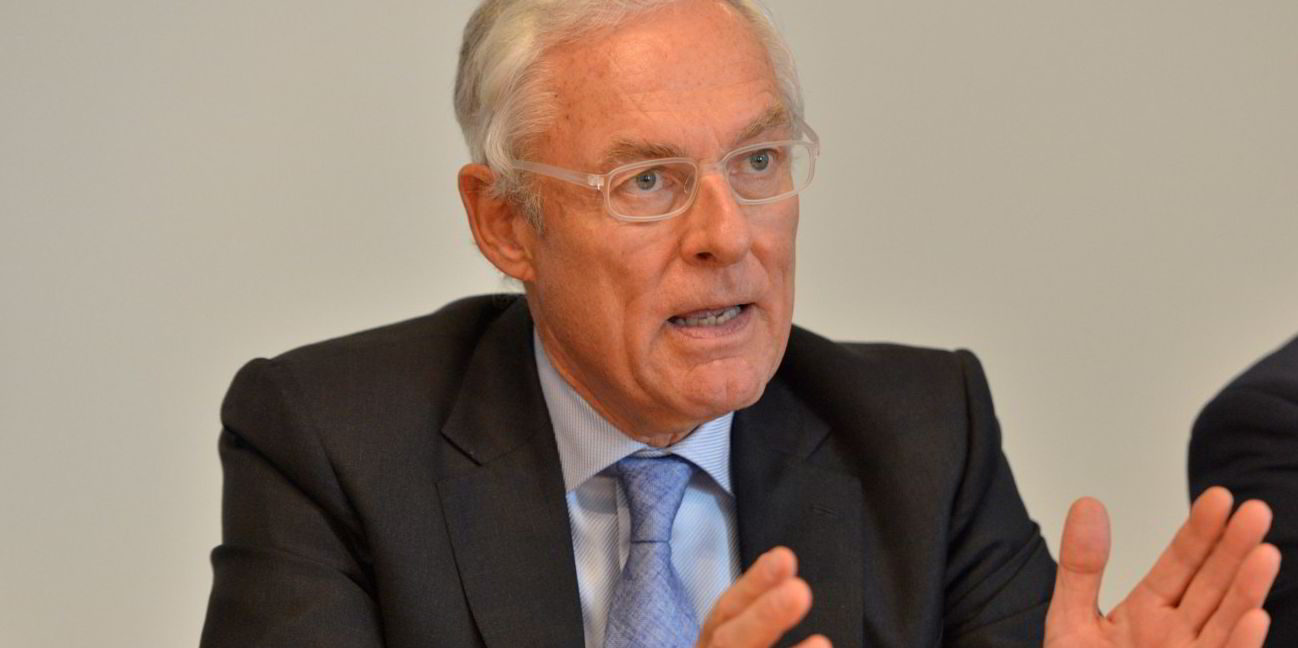Brussels' proposed inclusion of shipping in its Emissions Trading System (ETS) has revealed an apparent divide in attitude towards climate change abatement of European shipowners and those elsewhere.
The International Chamber of Shipping has described the European Commission’s proposed ETS plan as a “money grab” that would not cut greenhouse gas emissions significantly.
But both the European Community Shipowners’ Associations (ECSA) and the German shipowners' association, VDR, took a more supportive tone of the commission's intent, although they remained critical of key elements of policy.
“Even though we would have preferred an international solution for shipping, we welcome the increased climate ambition of the EU and we recognise that shipping should contribute its fair share to address the climate crisis at EU level as well,” ECSA president Claes Berglund said.
VDR president Alfred Hartmann added: “The EU is setting an ambitious course to cut shipping’s CO2 emissions steeply and quickly...The cost implications on shipping will be quite a challenge. However, we do share the same goal as the European Commission: Shipping needs to decarbonise, the sooner the better."
The EC wants shipping companies to pay for carbon emissions for voyages to, from and between ports in the European Union from 2023.
“Other than as an ideological revenue raising exercise, which will greatly upset the EU’s trading partners, it’s difficult to see what extending the EU ETS to shipping will achieve towards reducing CO2,” ICS secretary general Guy Platten said in a statement.
Platten stressed that the proposal only covers about 7.5% of global shipping emissions and could “seriously put back” climate negotiations for the remaining emissions.
“It is clear that there will need to be an independent impact assessment of these proposals as soon as possible, to ensure that we are not sleepwalking towards unmanageable costs for global trade,” he added.
“We need urgent action but action must result in decarbonisation rather than a pure money grab.”
Tax on trade
Platten said the proposed European carbon market for shipping would be seen as a “diplomatic overreach and imposition of a unilateral and extra-territorial tax on trade”.
Hartmann expressed a more conciliatory tone. "We believe a levy on fossil fuels would be a better tool to set shipping on course to steeply cut its CO2 emissions.
"However, it is essential that the European co-legislators now work together with the industry to ensure that all measures have a positive impact on the climate while at the same time remaining feasible and manageable, especially for small and medium-sized shipping companies.”
Hartmann urged the EU to design its ETS system so it is scalable without major adjustments to a globally applicable system that the International Maritime Organization could adopt.
“Instead of a volatile Emissions Trading System, which would entail significant administrative burdens for smaller shipping companies to participate in, we would prefer a fixed charge per tonne of fuel, as this would ensure a much-needed price stability and thereby enable companies to plan ahead.”
Platten said of the ETS scheme: “It cannot be equitable for non-EU shipping companies to be forced to pay billions of euros to support EU economic recovery plans, particularly under a scheme that undermines CO2 negotiations."
ICS, a London-based trade body that represents over 80% of the world’s merchant fleet through national shipowner associations, has made its own proposal of a more modest global fuel levy to promote emission reductions.
“This [EC] proposal is overly bureaucratic. The industry’s overwhelming preference is for a global levy which will incentivise real emission reductions rather than red tape,” Platten added.
The EU is expected to generate revenues from selling emission allowances to shipping companies via auctions. But the EC has also decided against setting up a special fund to sponsor innovation in shipping decarbonisation.
Disappointing
“The failure to include investment in research and development…is disappointing,” said Platten, adding the absence of such financial support shows “the EU is not truly serious about decarbonising global shipping”.

suggested the EC preferred to hold registered owners responsible for carbon emissions due to administrative reasons.
But the EC’s final plan, subject to approvals by European Parliament and EU’s national governments, opens the way for ship operators—which could be charterers in some occasions—to pay for emissions.
ECSA said in a statement that it” welcomes the recognition of the role of the commercial operator in the proposal for the inclusion of shipping into the EU ETS”.
“It's important for the European shipowners that the commercial operator should bear the costs of the ETS,” the statement added.






